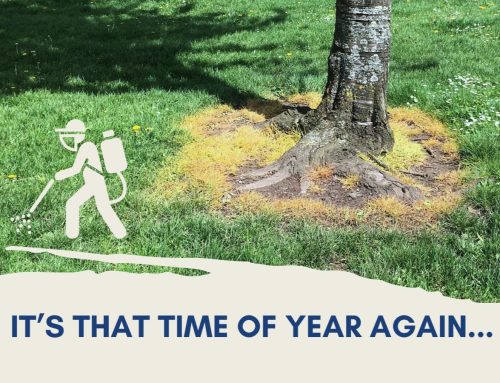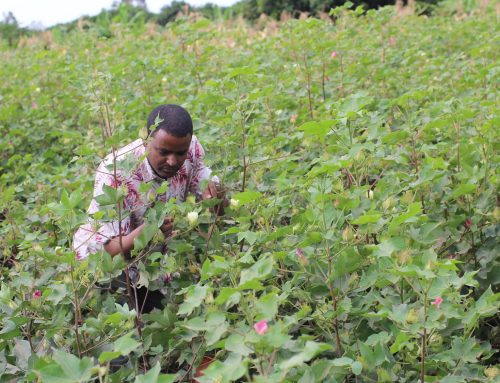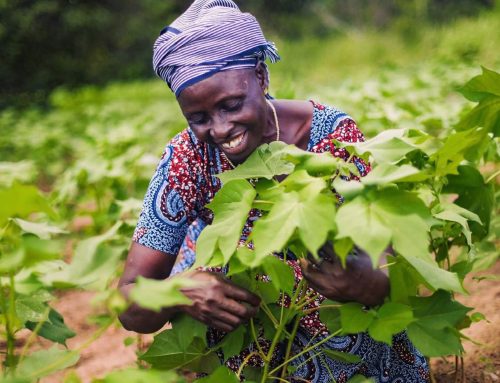Supporting healthy, sustainable and productive smallholder vegetable farming: PAN Ethiopia and PAN UK’s new joint project in the Central Rift Valley
Excessive use of Highly Hazardous Pesticides (HHPs) on vegetable crops grown for the Ethiopian market in the Lake Ziway area threatens the health of farmers and consumers. It also contaminates the environment. Our new project (2018-2020) aims to improve pest and disease management and reduce use of harmful pesticides by smallholder farmers via three main interventions:
Testing innovative approaches to vegetable IPM
This includes using the food spray method to attract predatory insects into fields to feed on pests. Since 2014, PAN Ethiopia has successfully implemented this method with cotton smallholders in Arba Minch in the Southern Rift Valley. Field trials are underway this season to test whether using the food spray can also work for key pests in vegetables.
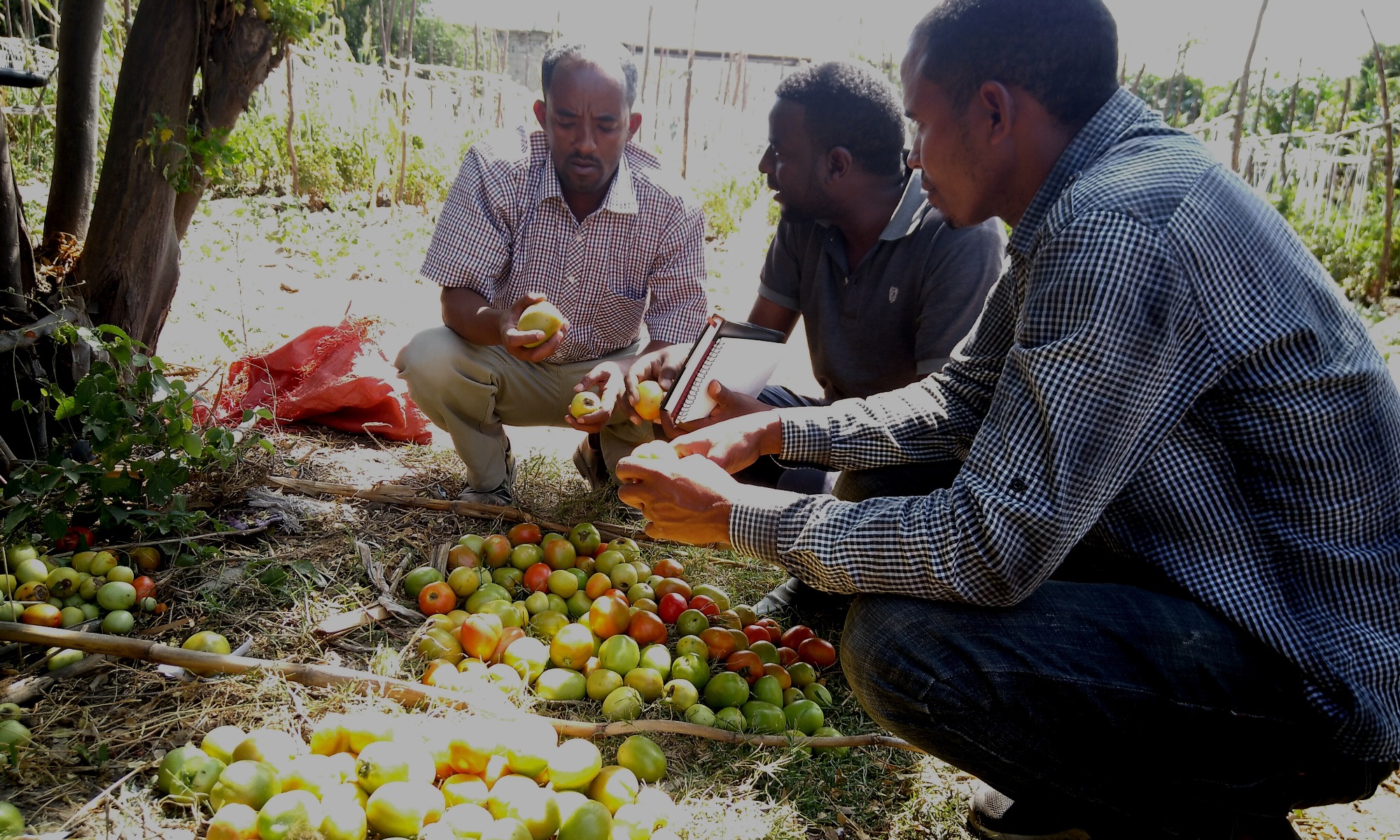
Grading tomatoes picked from the different trial treatments at the Bochessa Farmer Training Centre, Ziway. L-R, Zemenu Genet, Gemeda Kebera and Asaminew Nigussie, PAN Ethiopia.
Providing high quality, hands-on farmer training
This training is based on the Farmer Field School methodology. It aims to help smallholders develop the skills, knowledge and confidence to adopt a range of safer and more sustainable Integrated Pest Management (IPM) techniques.
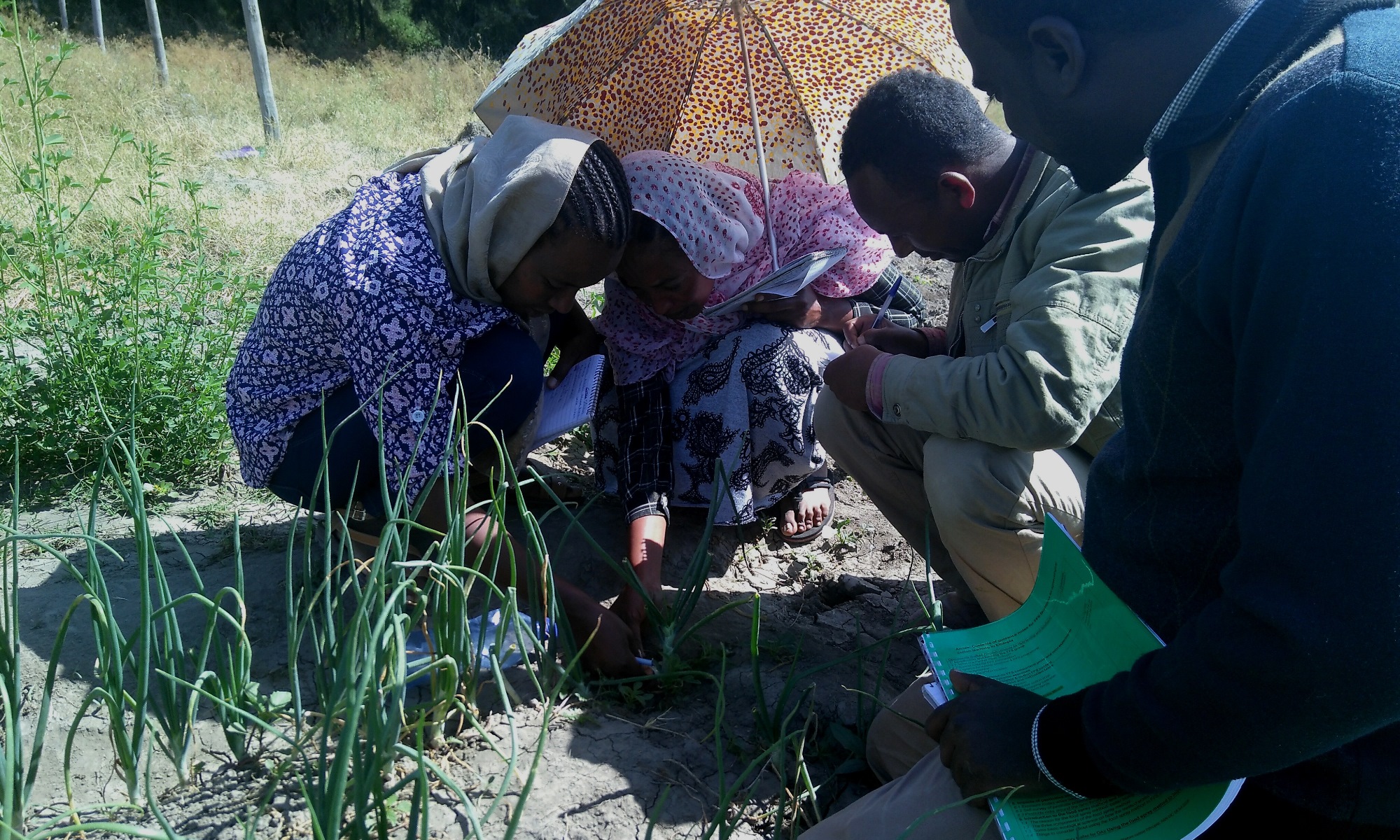
Extension agents observe pests, diseases and health of the onion crop for Agroecosystem Analysis, Edo Gojola, Farmer Training Centre, Ziway.
Raising awareness and promoting adoption of agroecologically sound IPM approaches
We plan to raise awareness via demonstration plots, open days and working closely with local extension services, Ziway Plant Health Clinic, research institutes and farmer associations.
This project is kindly funded by IDH the sustainable trade initiative, under its Initiative for Sustainable Landscapes (ISLA) programme and by the JJ Charitable Trust. The JJ Charitable Trust has supported PAN UK’s work with partners in Benin and Ethiopia to adapt the food spray method to the needs of organic cotton farmers and those moving away from reliance on HHPs. In 2016, PAN UK published its Trainers’ Guide to Using the Food Spray Method to Enhance Biological Control in Cotton, in collaboration with cotton entomologist, Dr Robert Mensah, who first developed the method with large-scale cotton farmers in Australia in the 1990s.

